Author Spotlight: Katrina Kaye
Pen and paper all the way
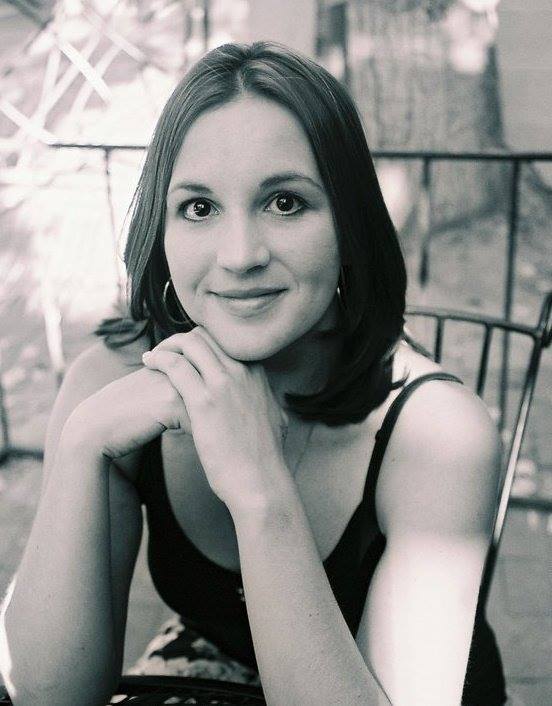
In our first author spotlight, we will be highlighting Katrina Kaye, a celebrated Albuquerque poet and writing teacher. We asked her some questions about her writing and her practice and how that feeds her soul.
When was the first inkling that you’d be a writer?
Honestly, I can’t remember a time when I wasn’t a writer. I’ve been writing since I was in elementary school. I was always an avid reader too, so as soon as I could, I did write.
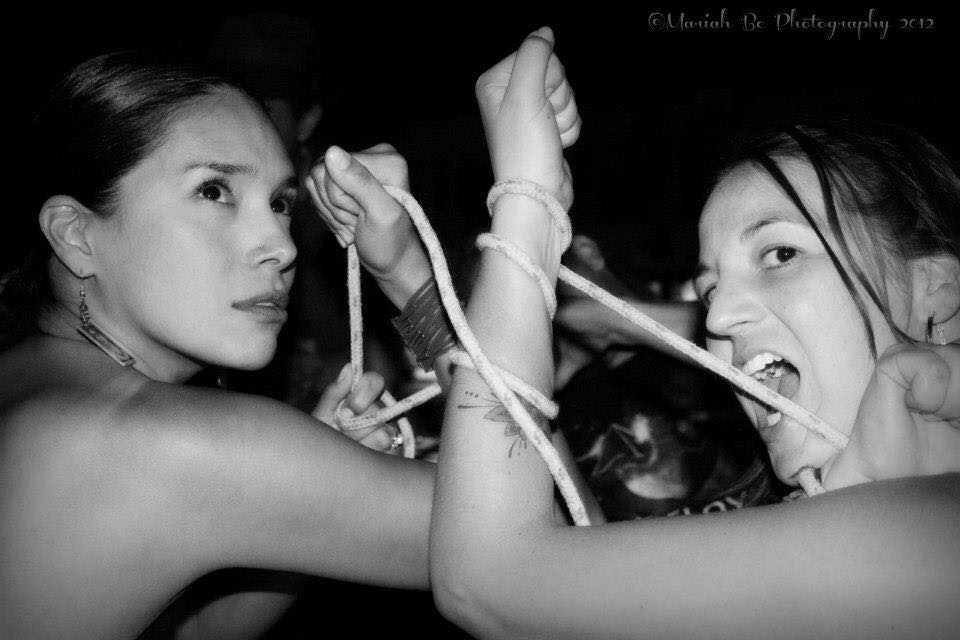
Who are the people who most shaped your writing?
Wow, there are a lot. I could list all of my favorite poets, but I think I need to give most of the credit to the people I actually know and write with. Former Albuquerque Poet Laureate Jessica Helen Lopez has been a big influence on me. Zachary Kluckman continues to be incredibly supportive and a good workshop companion.
My writing has also been shaped by many of the groups I’ve worked with including my own poetry students and the performance poets I’ve worked with.
Who have you mentored or taught in writing? What do you hope your teaching says about you as a writer?
Yes! My degrees are in English and Education and I have taught writing to high school students and community college students. I have also hosted various workshops over the years on writing poetry. I currently run monthly writing workshops called Spill the Ink.
What is the biggest misstep, failure, regret or missed timing when it comes to your writing?
I wish I hadn’t rushed to publish my first book. It was published in 2009 by a small local press. At the time, I was so excited and flattered, I couldn’t say no, but retrospectively, my writing wasn’t ready for a book yet and frankly the publisher was just using me to pad their author list.
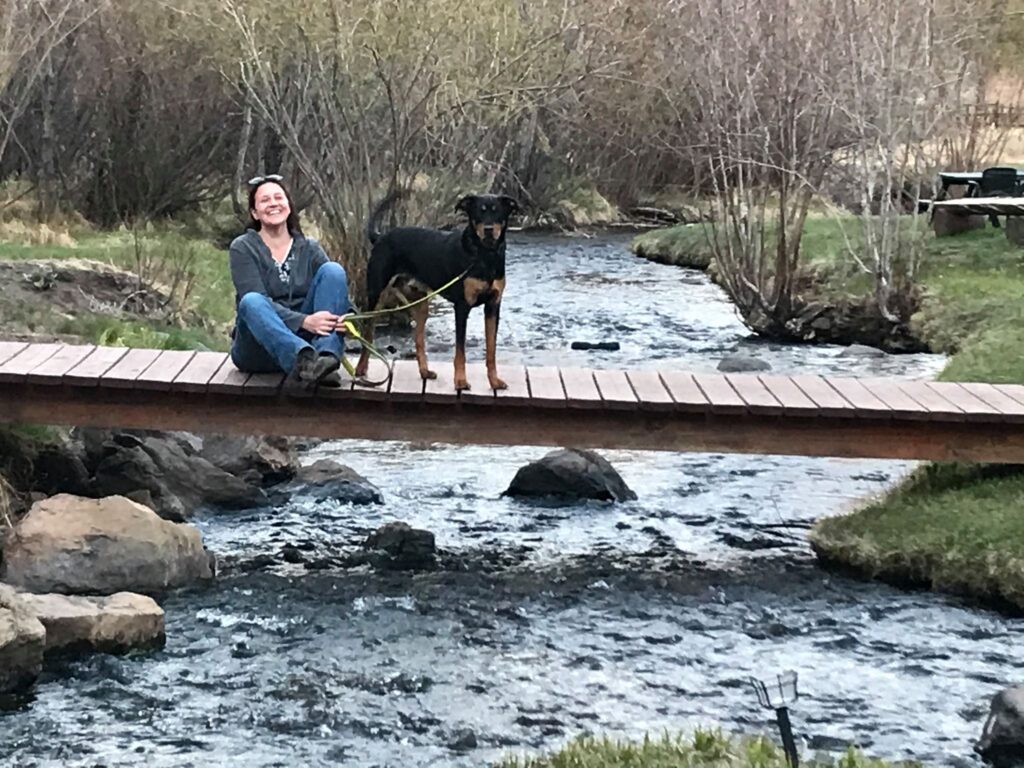
What is your writing practice? Do you have one?
I write all the time! I can’t help it. I just about always have a pen and notebook with me. When I am feeling particularly uninspired I do morning pages to get me going. Morning pages are basically a free write/stream of consciousness journaling right when I wake up. I also regularly attend local workshops and writing groups in order to find new inspiration and keep me creating.
I make it a goal to work on my writing once a day, but that practice could be creating, editing, revising, or sharing.
Why do you write? Why don’t you write when you know you “should”?
I write to understand myself and the world around me. I write to process information and learn. I write to connect with other people and express myself. Of course, we always have dry spells. I used to beat myself up for it, but I am much gentler on myself these days. Usually, if I am unable to write it has more to do with a busy work or social schedule. When I am alone, I always return to the page.
What is in your writing “toolkit?” How do you write?
Pen and paper all the way! I have stacks of notebooks of my writing dating back to high school. First drafts are always handwritten, and if I think something has potential I will take it to the computer and start the editing process. I pretty much always keep a notebook and pen close by: in my purse, by my bed, in my backpack. It doesn’t always get used, but it’s there, just in case.
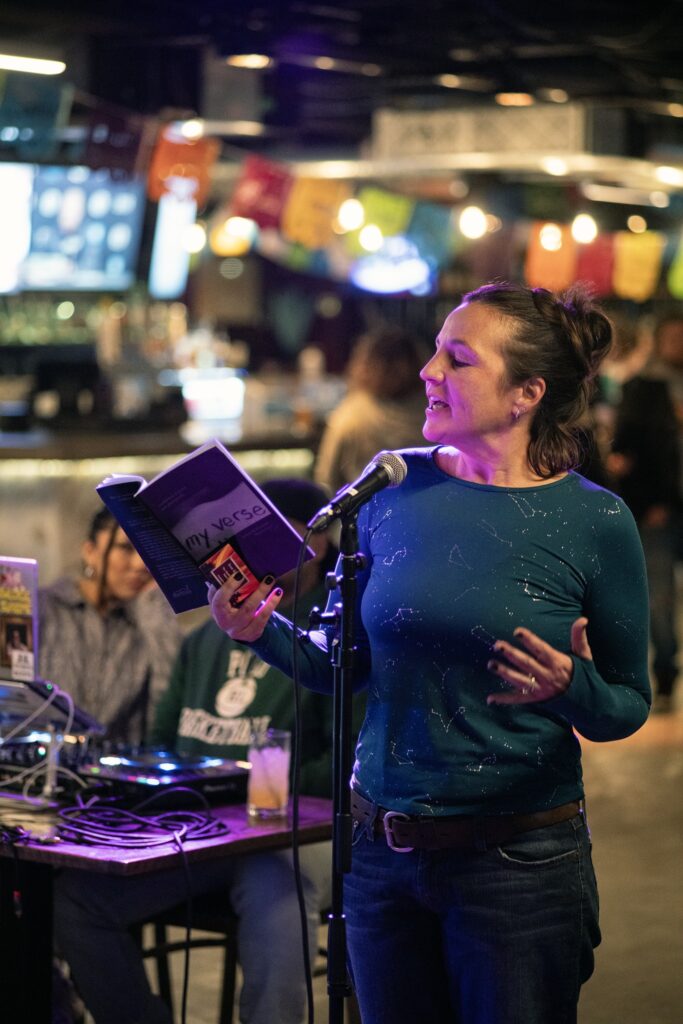
How does writing take up space in your life?
Writing is in everything. My career as an educator has focused on teaching writing. I have many friends in the writing community and regularly attend open mics, workshops, and other performances. Writing is how I connect to the world and how I speak my truth.
How has writing and poetry saved your life?
I have a little poem about that called “Poetry didn’t save my life.” In the poem, I take the common phrase of “poetry being life saving” and explain how my experience was different. Poetry has always been there for me and is more of a companion than a savior. The poem is on my website.
How can writing contribute to the human organism?
Writing can help people understand each other, themselves, and our world. Writing can also be very therapeutic for the mind and soul. It allows us to reflect on situations and events and work through our feelings and reactions.
Who do you write for? Who are your words for?
I mostly write for myself. I used to have goals of sharing poetry in performance and being accepted into that cool special club of “successful writers.” But if I wasn’t writing from the heart and for myself, it always felt unnatural and forced. My goal of writing is just to get ideas down and often to process my own experiences. If I feel a piece has potential, I will take it to the computer and edit it into something other people may be able to understand, connect to, or be inspired by.
Interested in more of Katrina Kaye’s words? Check out her book by Echobird Press: no longer water.
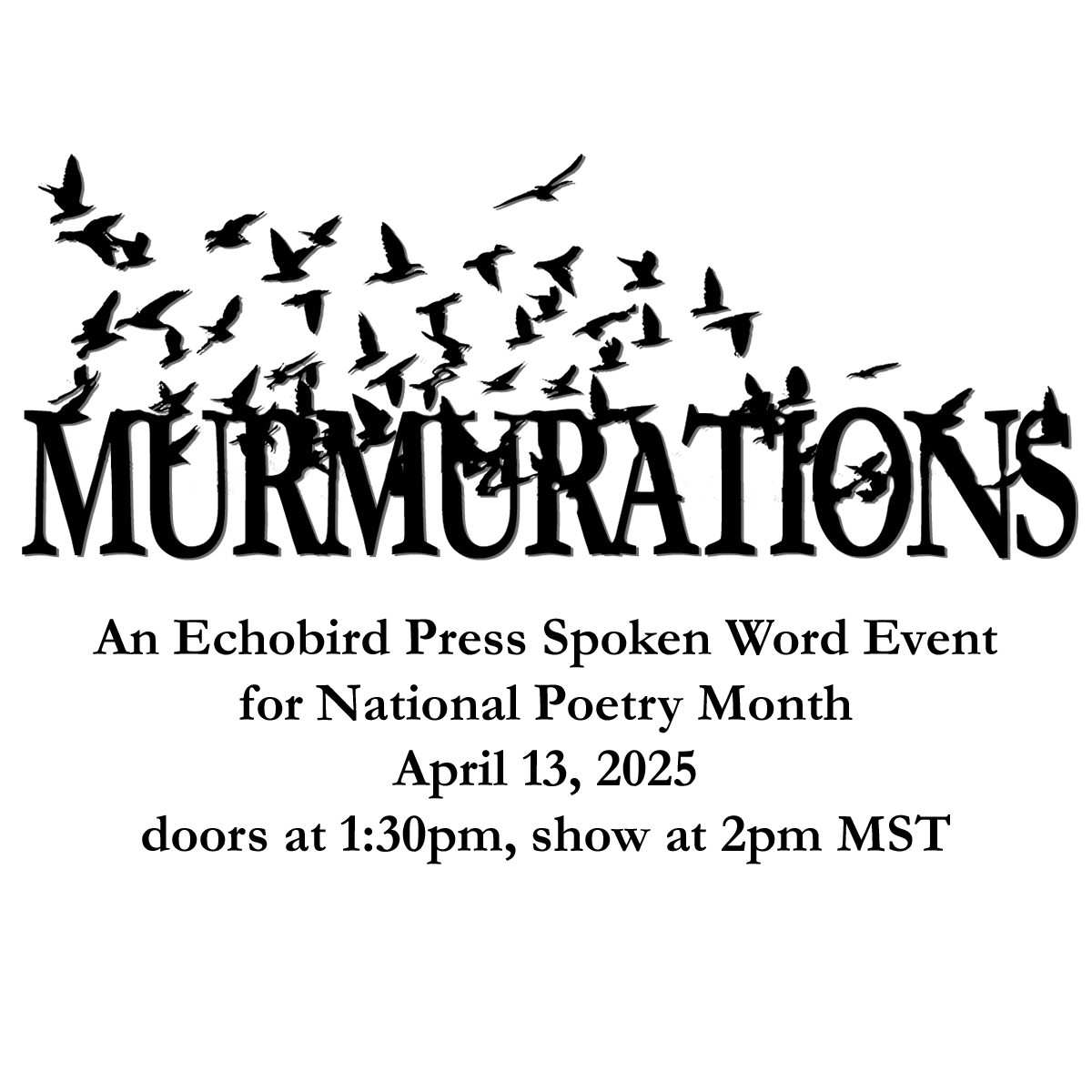
Thank you for sharing this interview and making me sound smart 🙂
you make it SO HARD to make you sound smart. 😉 j/k!
you’re very smart, you write great poetry, and i’m glad you like your spotlight!